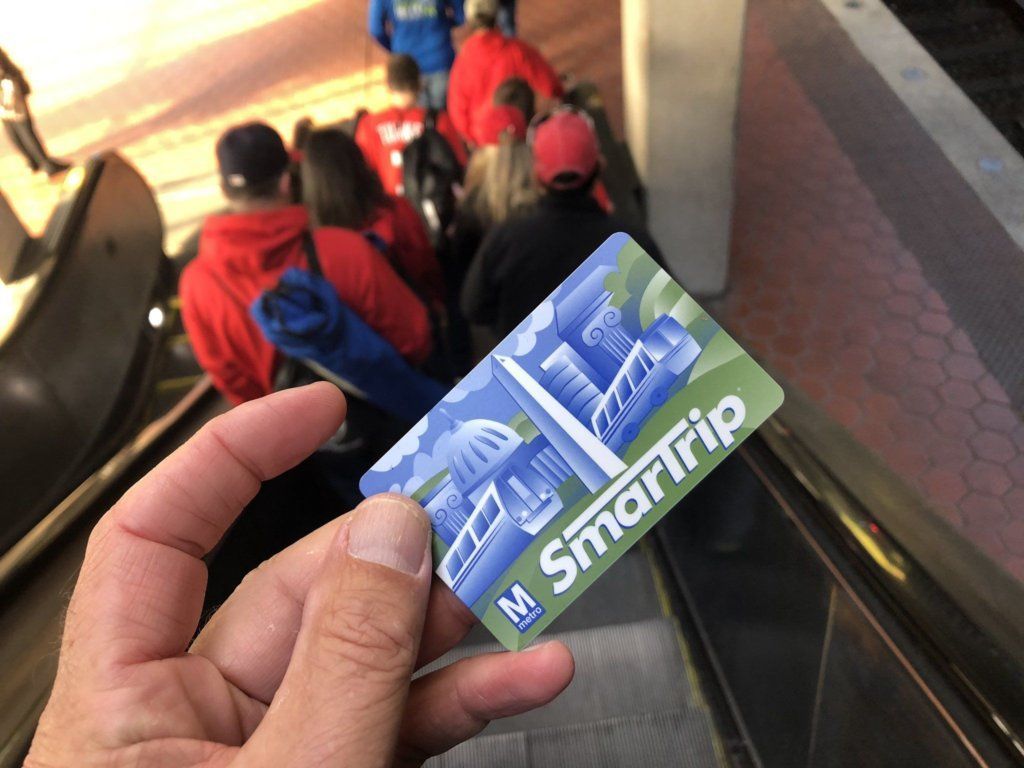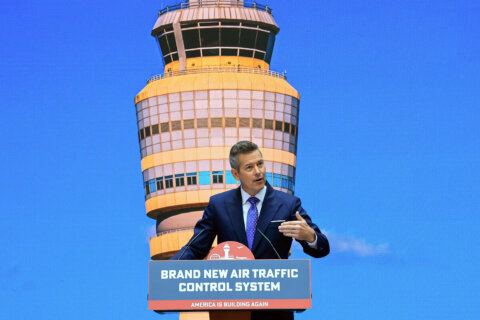
D.C. is looking into how to create more equity on Metro. By paying some riders’ fares and not paying for others, the new study aims to examine whether subsidies would change how low-income riders use the transit system.
The public-private partnership between the District Department of Transportation, Metro and The Lab @ DC has resulted in the launch of the pilot study exploring whether helping low-income riders afford their commutes will increase their use of transit and overall well-being.
Low-income riders make up 48% of those riding Metrobus and only 18% of riders on Metrorail, according to the Lab @ DC. It attributes the discrepancy to the higher cost to ride Metrorail, and the fact low-income riders are less likely to have their commuting costs offset by employer benefits.
“Through innovative investments and initiatives, we can make our public transportation system more equitable and affordable for our residents,” said D.C. Mayor Muriel Bowser in a release.
“A strong, sustainable and reliable public transit system keeps our city growing and thriving. This study will guide best practices on how we can effectively use transit subsidies to give more Washingtonians a fair shot,” she said.
During a six- to nine-month period, up to 2,500 adults will be randomly assigned to either have free unlimited trips, partially discounted trips or no discount at all. The goal is to see how subsidies affect how they’ll use the Metro system.
The pilot study is expected to get the Metro Board’s approval Thursday.








